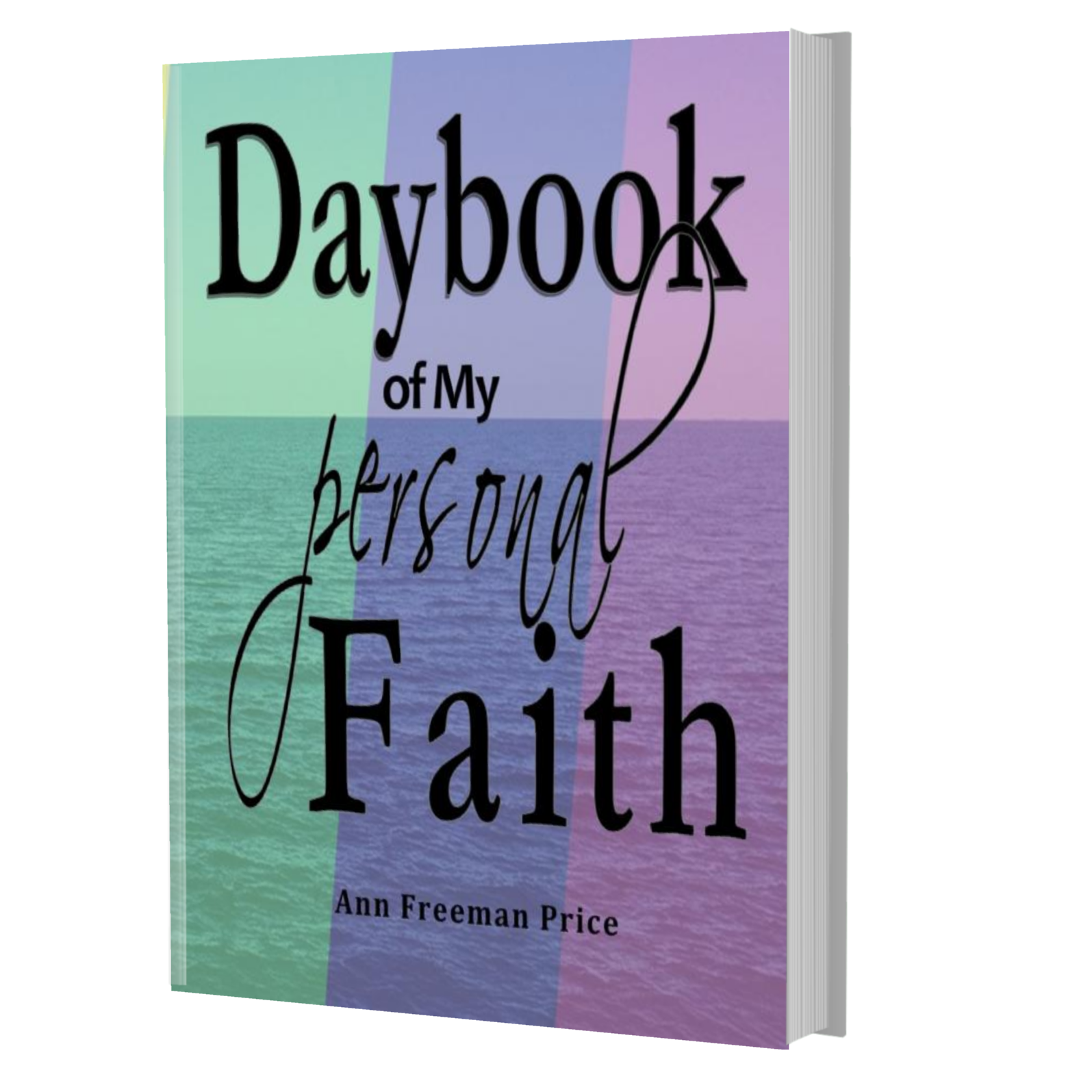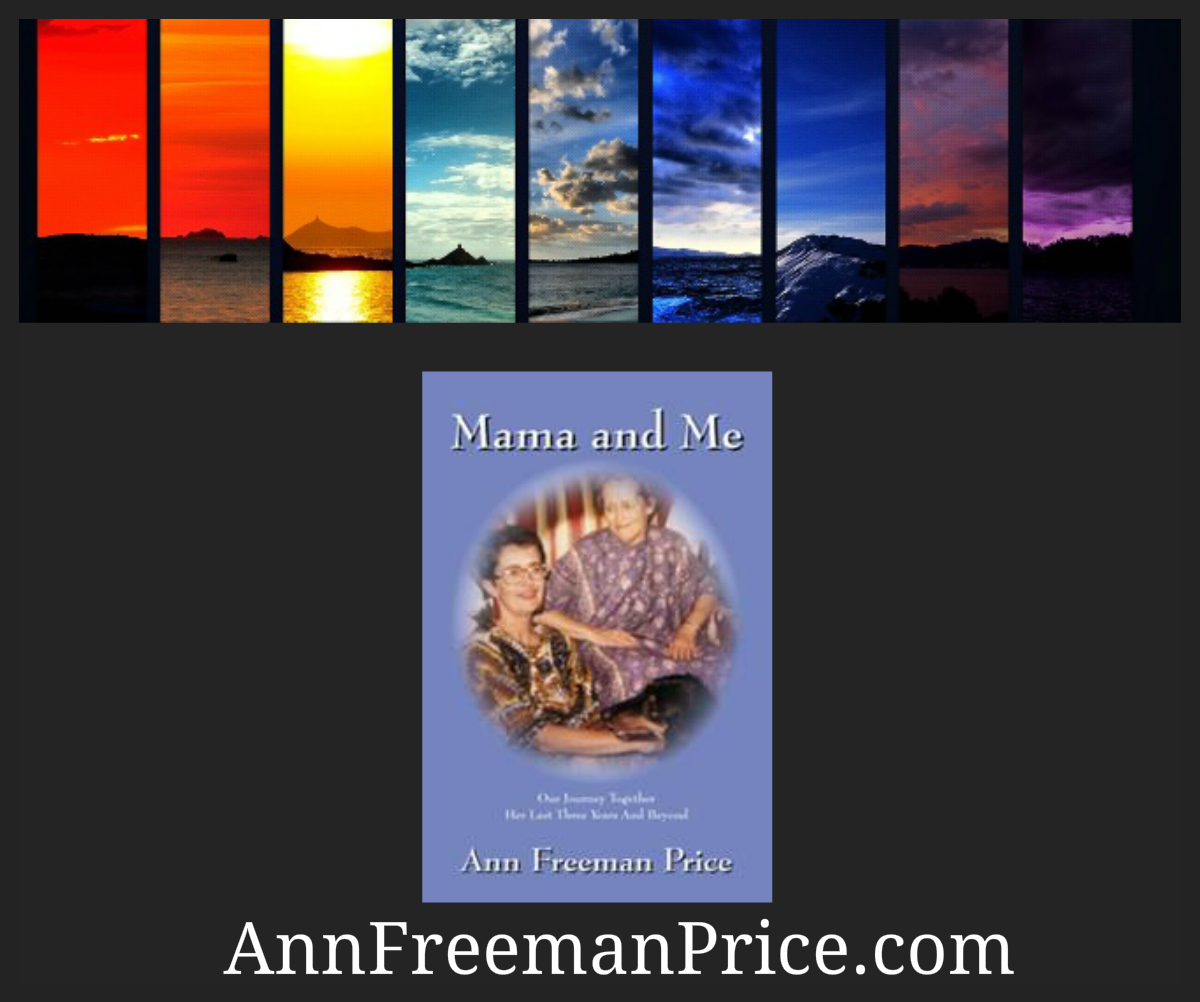Poet, Author, Composer....
Christmas Sestina
183. Christmas Sestina
—
he is here again — baby Jesus
Bethlehem roads full of crowds
shepherds seeing light
in skies beckoning wisdom and gifts
and Mary’s eyes hold mystery
as her life turns a challenging way
—
fog shrouds the way
of what he means — this Jesus
but in his youthful eyes the mystery
befuddles parents stressed by crowded
times of seeing his strange gifts
peek through in times of light
—
and as he walks, the light
goes with him as he lays out a new way
filled with welcome as a gift
of love from Jesus
and those excluded start to make a crowd
as they feel the magnet of his mystery
—
how do we capture it — this mystery
how do we claim it — this light
do we separate from tradition’s crowd
to walk a lonelier way
with this man Jesus
as he offers gifts
—
do we give ourselves and from him receive gifts
that make our very lives mysterious
with knowing this one Jesus
with walking in the light
with following in the way
regardless of the crowd
—
and do we beckon that same crowd
to join in cherishing the gifts
do we with our own lives walk in the way
and feel inside that same mystery
of being the lampstand light
that he challenged us to be — this Jesus
—
we celebrate you Jesus, announce you to the crowd
we are the light, unwrap the gifts
that show the mystery and love of Bethlehem’s way
—
© Copyright 2007 by Ann Freeman Price
—
I love finding a poem that I wrote five years ago. Sometimes I can barely remember writing it, but I do recall that I was captivated by writing a sestina about Christmas. Have you ever written a sestina? I got totally engaged in it.
First you find six words to end the lines of the six-verse poem—six words that you can find ways to use over and over again. And then you notice the pattern. You set it in the first verse. And then in the second verse you end the lines with what was line 6, 1, 5, 2, 4, 3. Check it out. It happens that way with every verse—you just look at the word endings of the verse ahead of it and write them down for the next verse—just the endings and then create a line to go with it.
In the very last verse which is three lines, the same system is still used, for in the middle of the first line is the word ending line 6 in the verse before. Then at the end of that first line is the word ending line 1 in the verse before. In the second line of the last verse you use the word ending line 5 in the verse before, and at the end of the second line you use the word ending line 2. And in the last line of the poem in the middle of the line you use the word ending line 4 of the verse before and the last word of the poem is the word ending line 3 of the verse before. I think with this sestina I wrote the first verse, and then for the other verses I just drew on the paper six lines over and over and wrote in the last words, according to the pattern above. Try it! It’s amazing!


